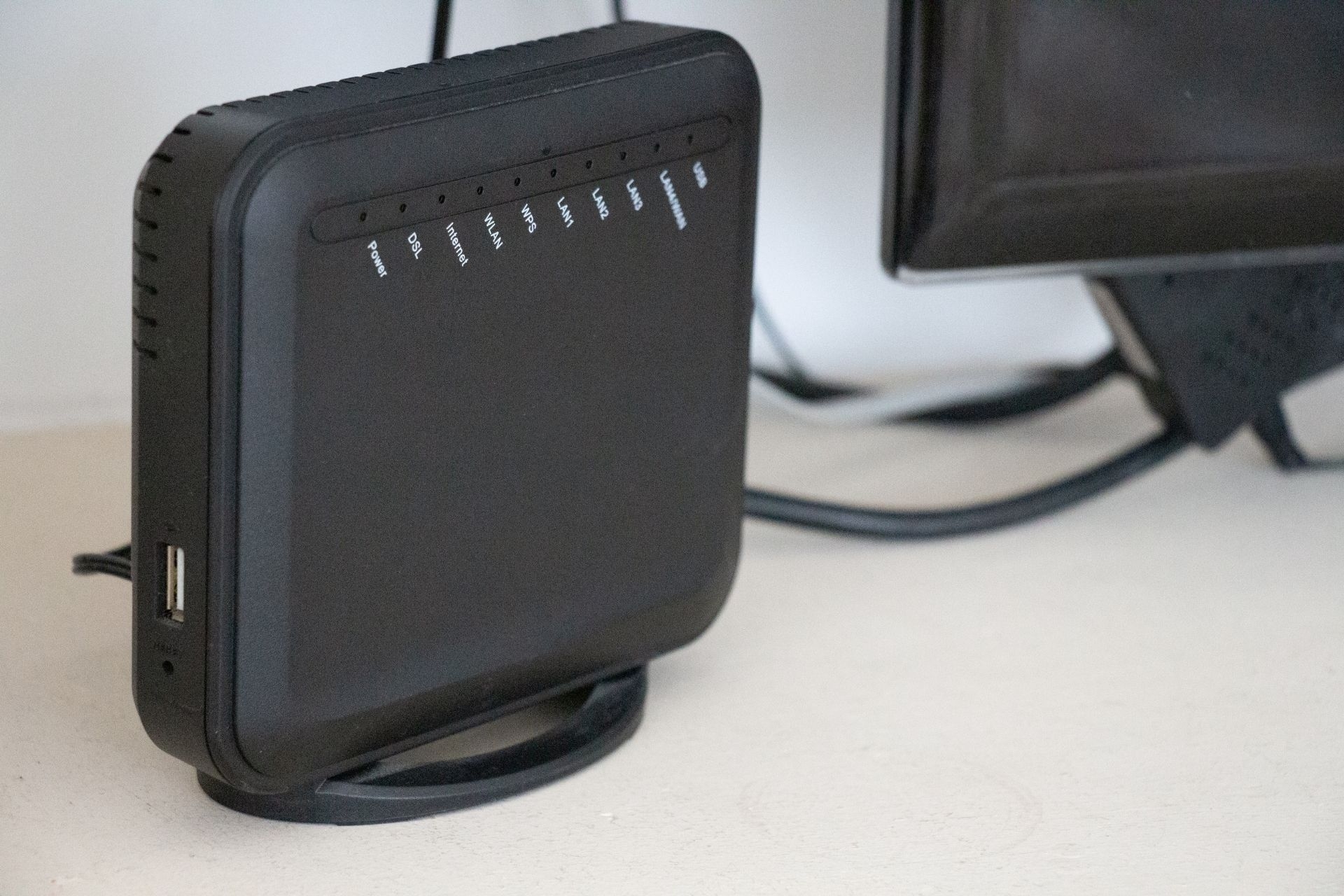Virtual Private Network (VPN) Servers
How do VPN servers help in bypassing geo-restrictions for streaming services?
VPN servers help in bypassing geo-restrictions for streaming services by allowing users to connect to servers located in different regions, thus masking their actual IP address and making it appear as if they are accessing the content from a different location. This enables users to access streaming services that may be restricted in their own country, providing them with a wider range of content options.







